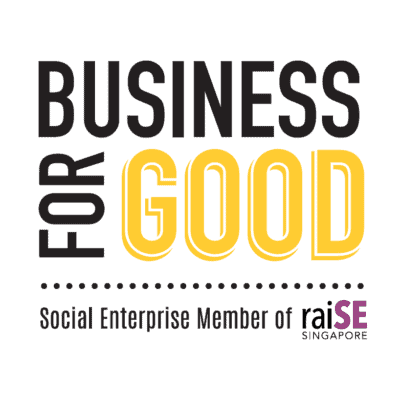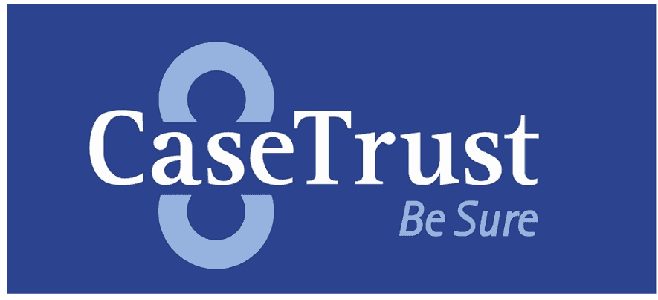[:en]
Introduction
- Traditionally, legacy planning is associated with the distribution of real assets such as property and money. However, in this internet age, many things which we consider valuable are found in the digital realm such as photos of our loved ones and money in our digital wallets. In light of this, is there a need to adopt a different approach for legacy planning?
- In this article, we will explore the meaning of Digital Assets and how it can be incorporated into legacy planning through a Memorandum of Digital Assets.
What are Digital Assets?
- Despite this internet age, the law does not have a proper definition for Digital Assets in Singapore. As such, we suggest that there are three aspects which ought to be considered when a Testator plans his legacy:
- Digital Presence: the Testator’s personal presence on digital platforms such as social media accounts;
- Digital Media: the Testator’s digital media such as photos and videos that have sentimental value rather than monetary value; and
- Digital Assets: assets which are in digital form and have monetary value, such as the unpublished writings of the Testator who is a famous writer.
Two-Step Analysis for Digital Assets
- In order to identify whether something is considered a digital asset, a two-step analysis will help to correctly classify a digital asset which ought to form part of the Testator’s estate.
Is the digital ‘asset’ in question owned by the Testator, such that he has the rights to bequeath it?
- A Testator can only will an asset away if the asset belongs to him. Emails and social media accounts are not considered Digital Assets because they are not owned by the Testator and cannot be passed through a Will. Instead, they form the online persona of the Testator and is a digital presence which needs to be managed after the Testator passes away.
- Certain types of digital media, such as music on a music streaming account or eBooks, are often content leased from an Internet Service Provider (“ISP”) and do not belong to the Testator. Each ISP has different policies in their terms of service agreement and access to such accounts after the user’s death may or may not be allowed.
Is the digital asset of any monetary value?
- If the Testator only has digital media which are of sentimental value, such as family photos and videos stored on a hard disk, these should not form part of the estate and there is no need for specific clause in the Will to take these into account.
- If the Testator is instead a professional writer, photographer or for any other reason owns and stores digital media of monetary value, this may form part of his estate as part of his Digital Assets.
- Certain Digital Assets are financial in nature, such as online trading accounts and digital wallets. One of the easiest ways to allow for the Executor to access these accounts is to provide the username and password for each account. Otherwise, the Executor must contact each of these different entities to deal with the Digital Assets belonging to the Testator.
- Cryptocurrencies, such as bitcoins, are even more complex. Cryptocurrencies are digital currencies which use encryption to regulate and verify its units. Since cryptocurrencies are not legal tender and are not held in an individual’s name, it remains to be seen whether cryptocurrencies can be transferred through a Will. Little guidance has been provided from the Monetary Authority of Singapore, which has taken an observatory stance[1] on the use of cryptocurrencies in Singapore.
Incorporating Digital Assets into Legacy Planning
- Testators should consider making a Memorandum of everything they consider to be a digital asset and how they intend for these assets to be distributed. In the Memorandum, a record of the username and password for each digital account (including the email address used and the answers to security questions) ought to be made. If necessary, instructions on how to retrieve such assets should be made as well.
- This Memorandum should not be written in the Will, as the contents and passwords must be continuously updated up till the demise of the Testator. Further, such information would be revealed when the Will is requested by the courts and relevant institutions.
- Instead, the Testator should inform the Executor on how the Memorandum ought to be retrieved and the responsibility would also be on the Testator to ensure that such information is updated. For example, the Testator could tell the Executor the password to a Microsoft Word document containing the Memorandum, and that this document can be found on the desktop of his personal computer.
- With the necessary information, the Executor can login to the Testator’s accounts, withdraw any credits or monies within those accounts and return them to the pool of assets for distribution. The Executor can also retrieve digital media of sentimental value and pass it to the loved ones of the Testator. Finally, the Executor can delete information and close the accounts as necessary.
- Without such a Memorandum, the Testator risks depriving his beneficiaries of substantial assets if these are not clearly identified and the Executor is unaware that such assets exist.
Conclusion
- Digital Assets are a new and important aspect to consider for legacy planning in this internet age. Not only should we pay attention to our real assets, we should also consider the assets that we have in the digital realm which no one else may be aware of except ourselves.
[1] MAS: Reply to Parliamentary Question on banning the trading of bitcoin currency or cryptocurrency http://www.mas.gov.sg/News-and-Publications/Parliamentary-Replies/2018/Reply-to-Parliamentary-Question-on-banning-the-trading-of-bitcoin-currency-or-cryptocurrency.aspx and
MAS: Reply to Parliamentary Question on the prevalence use of cryptocurrency in Singapore and measures to regulate cryptocurrency and Initial Coin Offerings http://www.mas.gov.sg/News-and-Publications/Parliamentary-Replies/2017/Prevalence-use-of-cryptocurrency-in-Singapore.aspx
Download article here.[:]



